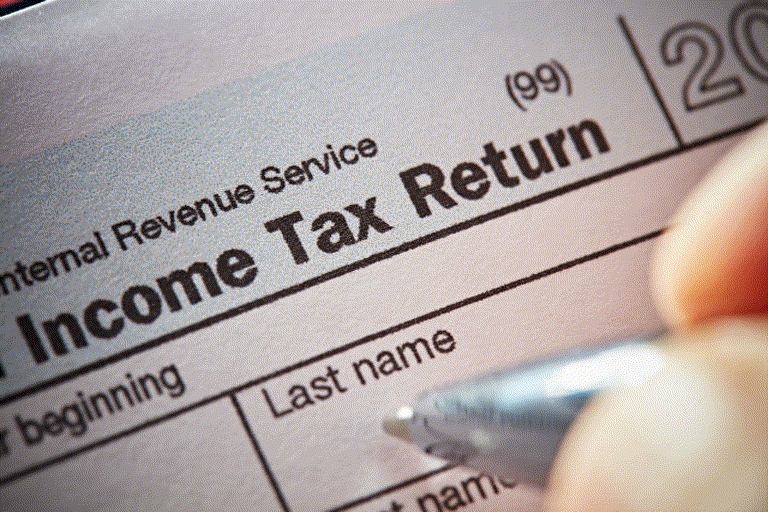New Delhi: In significant changes in income tax return filing forms, individual taxpayers owning house property in joint ownership and those who have paid Rs 1 lakh in electricity bills in a year or incurred Rs 2 lakh expense on foreign travel cannot file their annual income return using the simple ITR-1 form.
The government, which usually notifies forms for filing income tax returns by individuals in April every year, on January 3 notified tax return forms for the assessment year 2020-21 (income earning year April 1, 2019 to March 31, 2020).
Returns in ITR-1 Sahaj can be filed by an ordinarily resident individual whose total income does not exceed Rs 50 lakh, while Form ITR-4 Sugam is meant for resident individuals, HUFs and firms (other than LLP) having a total income of up to Rs 50 lakh and having presumptive income from business and profession.
According to the notification, two major changes in the ITR forms have been effected. First, an individual taxpayer cannot file return either in ITR-1 or ITR4 if he is a joint-owner in house property.
Secondly, ITR-1 form is not valid for those individuals who have deposited more than Rs 1 crore in bank account or have incurred Rs 2 lakh or Rs 1 lakh on foreign travel or electricity respectively, it said.
Read more:Shadow of FY20 budget's unfinished tasks on FY21 budget
Such taxpayers will have to use different forms, which will be notified in due course.
An individual who "owns a house property in joint ownership with two or more persons" is required to furnish a return of income, the notification said.
"Only the forms have been notified without the return filing utility. Thus, a taxpayer, who is required to file the return before the previous year ends, cannot do so until the return filing facility is activated on the e-filing portal," said Naveen Wadhwa of Taxmann.
Usually, the Income Tax Department notifies the ITR forms in the first week of April of the relevant assessment year. However, in contrast to the old practice, it has notified two ITR forms ITR-1 and ITR-4 for the assessment year 2020-21 in the first week of January.
Some of the changes in new ITR 4 Sugam AY 2020-21 are that if having the tax-payer has a passport, its number is to be given. On incurring aggregate expenses exceeding Rs 2 lakh on foreign travel for self or for others, then the amount has to be specified.
In addition, if any person has deposited an aggregate amount exceeding Rs 1 crore in one or more current accounts, then the aggregate of the amount deposited in all such accounts has to be specified.
If an amount exceeding Rs 1 lakh has been spent on electricity consumption, then the aggregate amount has to be specified.
An important change in new ITR related to disclosure related to cash in case of presumptive tax assesses.
In case of 44AD or 44ADA or 44AE, now the assessee will be required to give opening balance of cash in hand and opening balance of bank accounts and also will be required to give the total amount received in cash during the year, the total amount deposited in bank during the year, the total amount of cash outflow out of cash balance during the year, the total amount of withdrawal from the bank during the year and closing balance of cash in hand and closing balance in banks.
However, now there will be no need to provide figures of unsecured loans, sundry debtors, sundry creditors, amount of closing stock, etc. as was required in earlier years.



